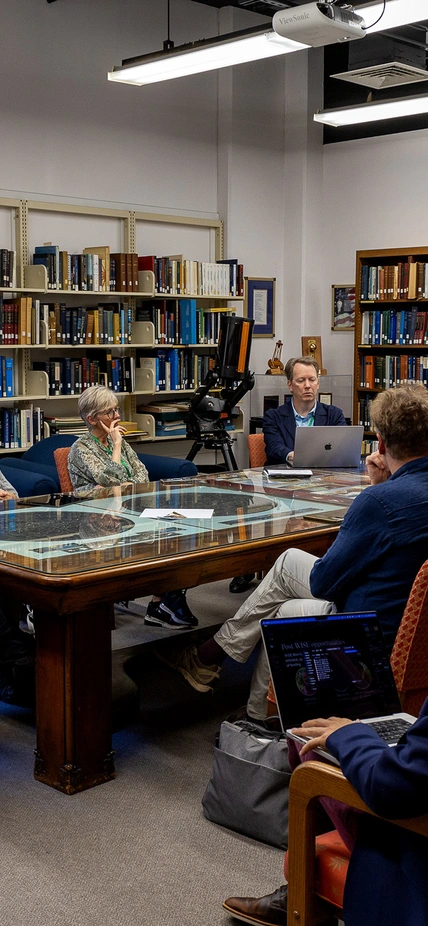Last October, Carnegie Science’s Earth and Planets Laboratory hosted a collaborative experiment in scientific inquiry. Led by Carnegie Staff Scientist Bob Hazen and NASA Sagan Fellow Mike Wong, the Workshop on Information, Selection, and Evolution (WISE) brought together more than 90 experts with wide-ranging expertise, including biology, machine learning, AI, chemistry, planetary science, and philosophy. Their goal? To tackle some of the universe’s most profound mysteries.
What is time, really? How does complexity arise? Can we predict how systems—from societies to supercomputers—will evolve? And what separates living systems from non-living ones? These are the kinds of questions that have stumped scientists and philosophers for centuries, and they were front and center at WISE.
“When you think of complex systems like evolution, you can't think in just one dimension of science,” Hazen explained. “Carnegie is the sweet spot for this. We bring together the ability to undertake bold, agile Earth, space, and life science research in ways that very few institutions can do.”
Supported by Carnegie Science, alongside the John Templeton Foundation, the Sloan Foundation, and NASA, the WISE meeting fostered boundary-pushing discussions on the origins of life, the forces driving evolution, and the role of information in shaping the cosmos.
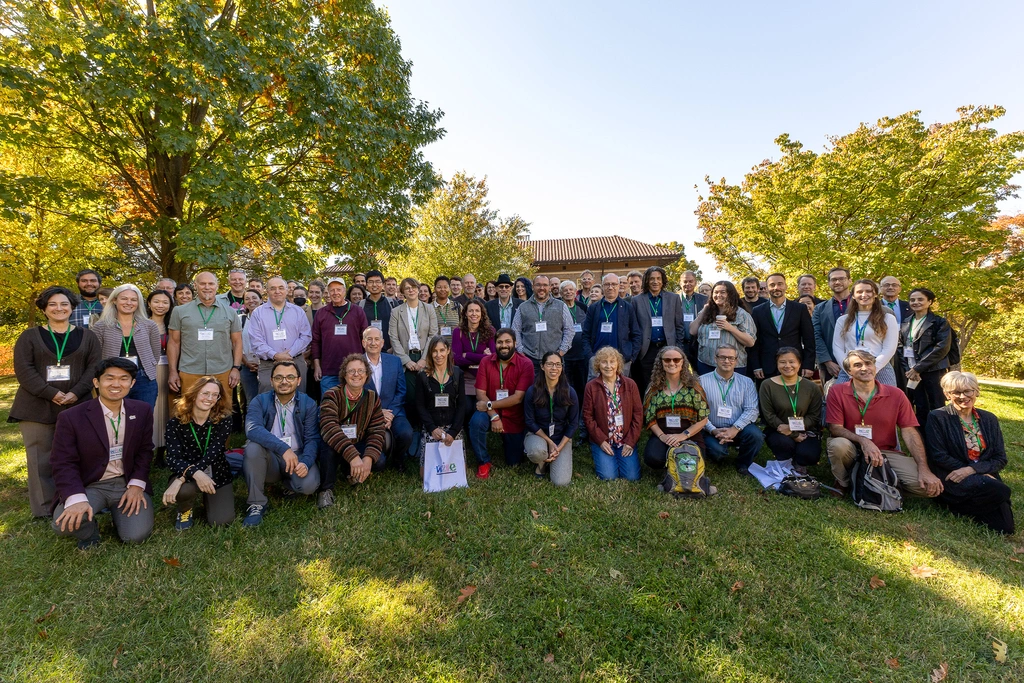
The Workshop on Information, Selection, and Evolution (WISE) brought together more than 90 experts with wide-ranging expertise, including biology, machine learning, AI, chemistry, planetary science, and philosophy. Their goal? To tackle some of the universe’s most profound mysteries.
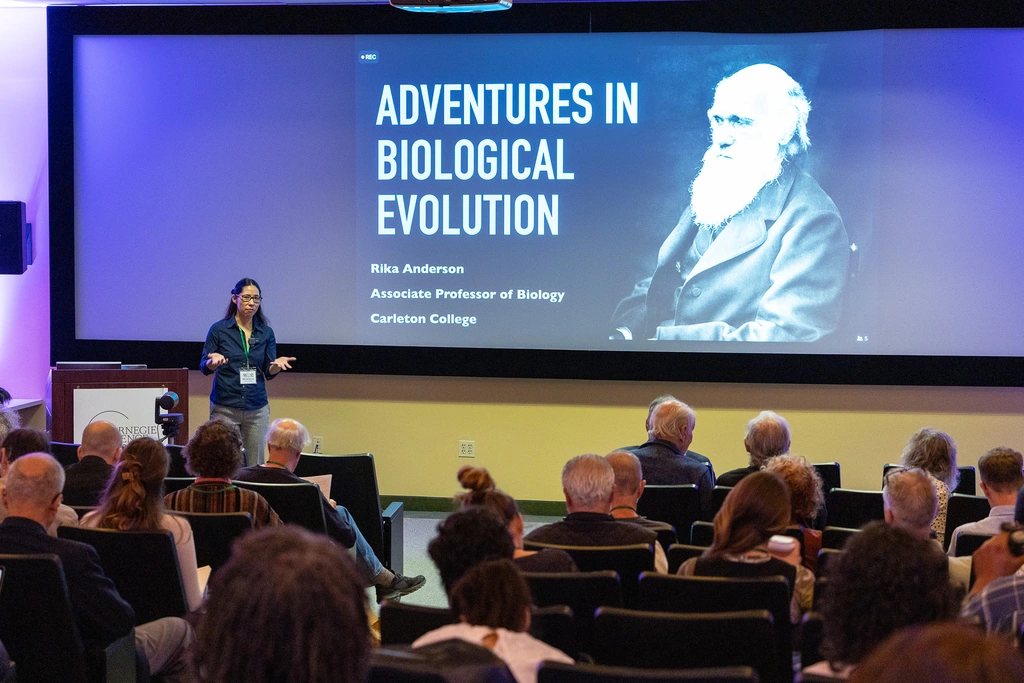
Rika Anderson presents "Adventures in Biological Evolution."
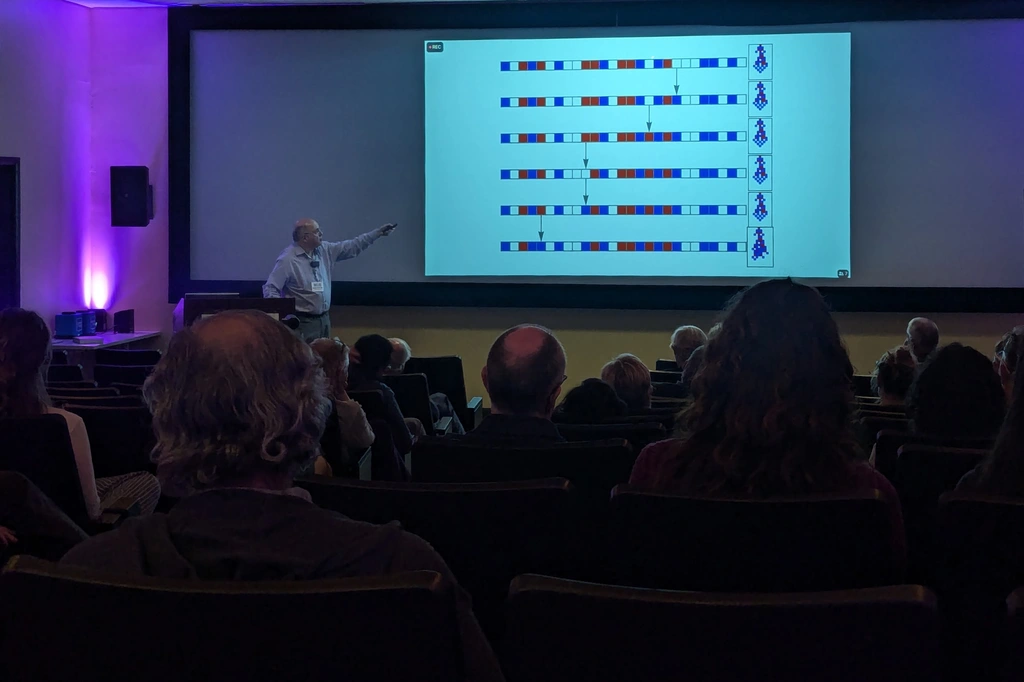
Stephen Wolfram presents, "Why biological evolution works."
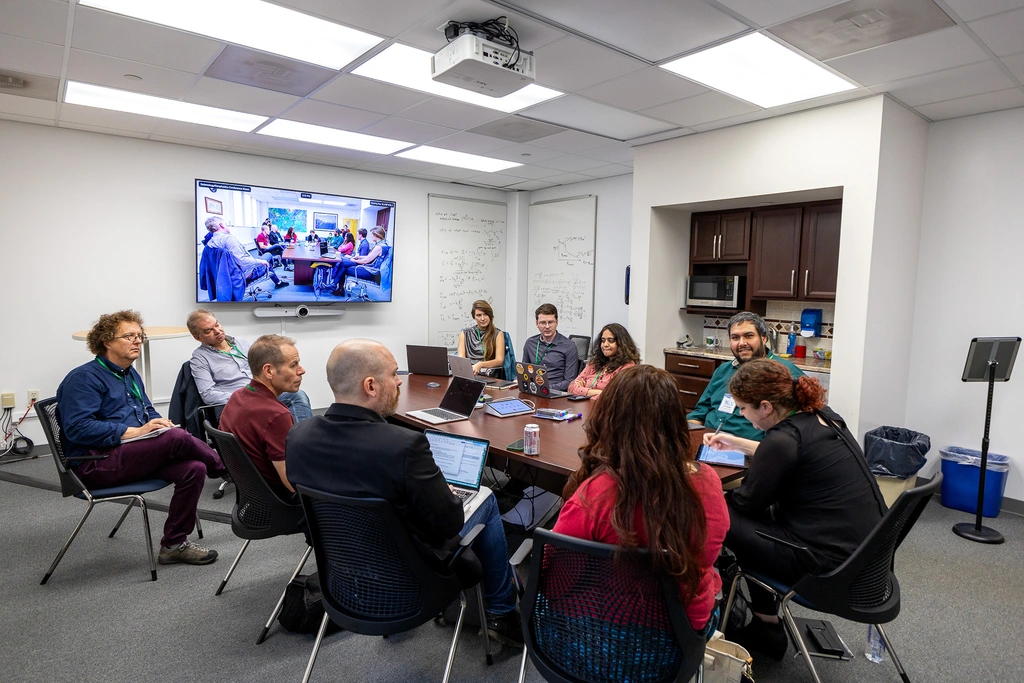
One of many breakout groups that formed around the Earth and Planets Laboratory campus.
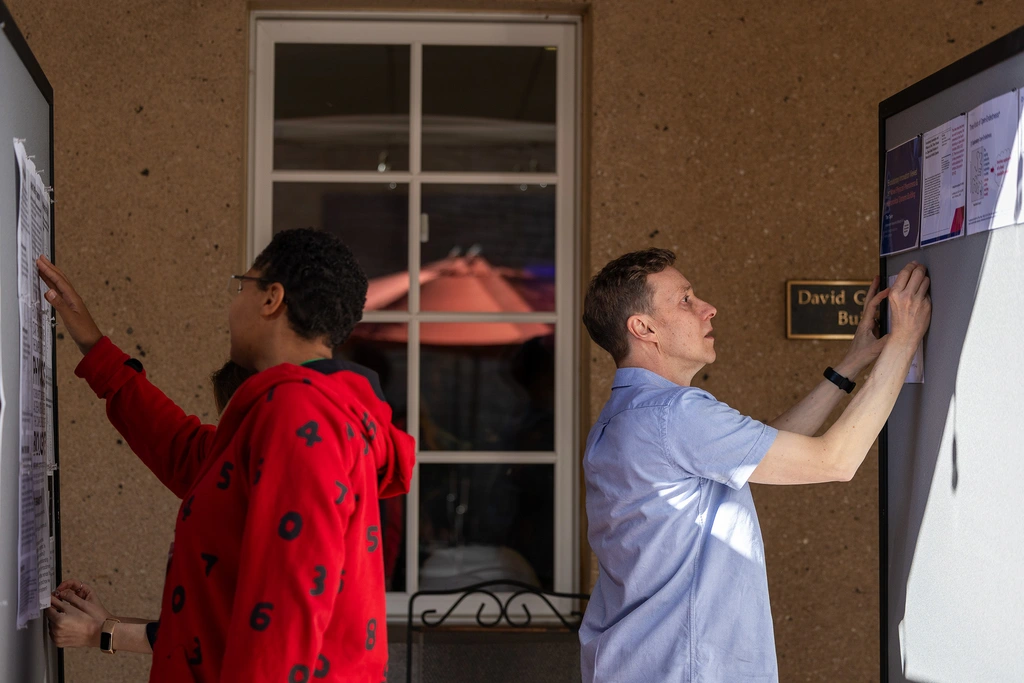
WISE participants pin up their posters in preparation for the poster session.
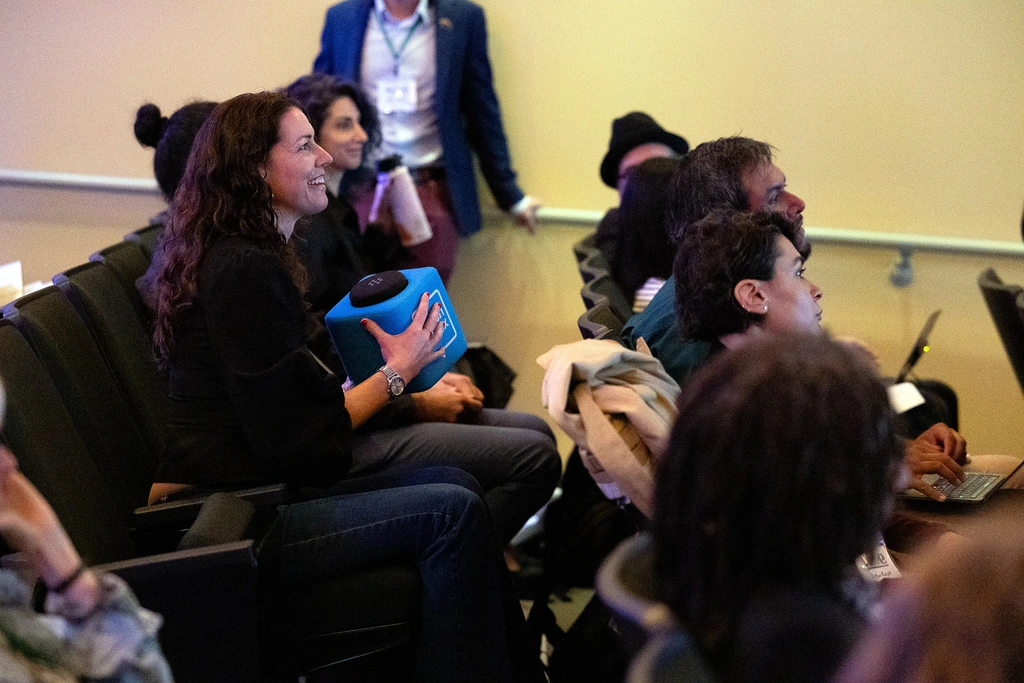
Each presentation inspired lively discussion from members of the audience.
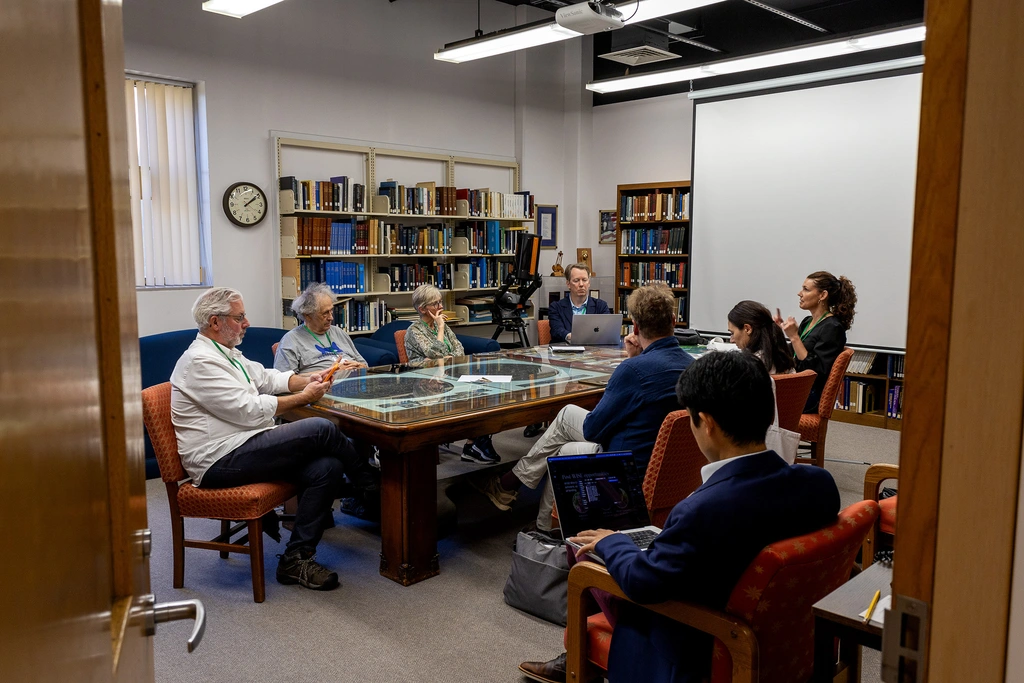
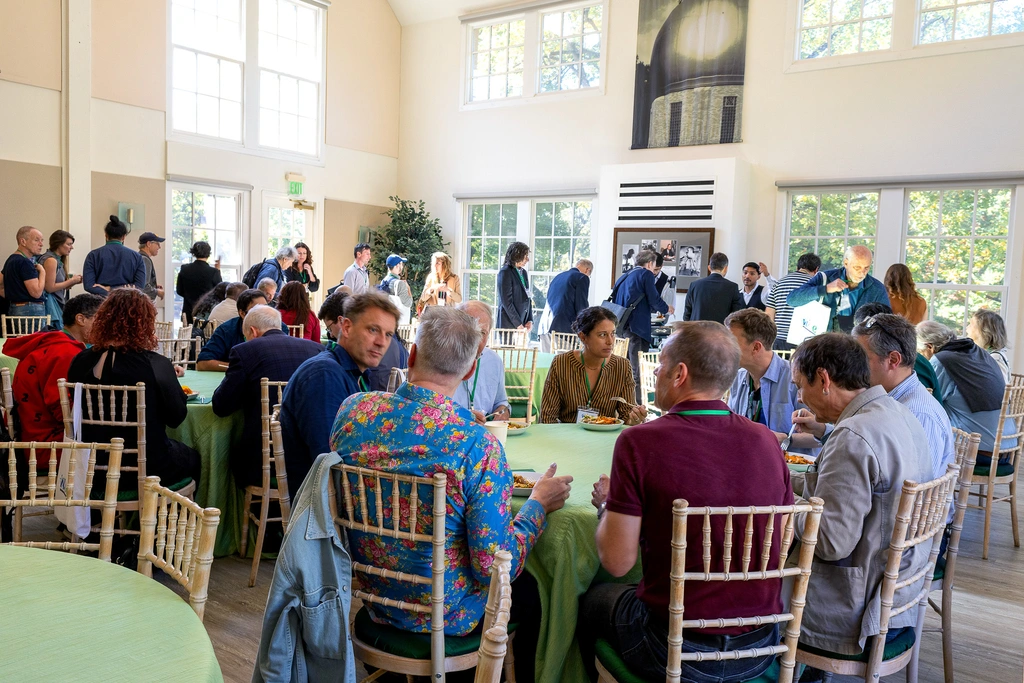
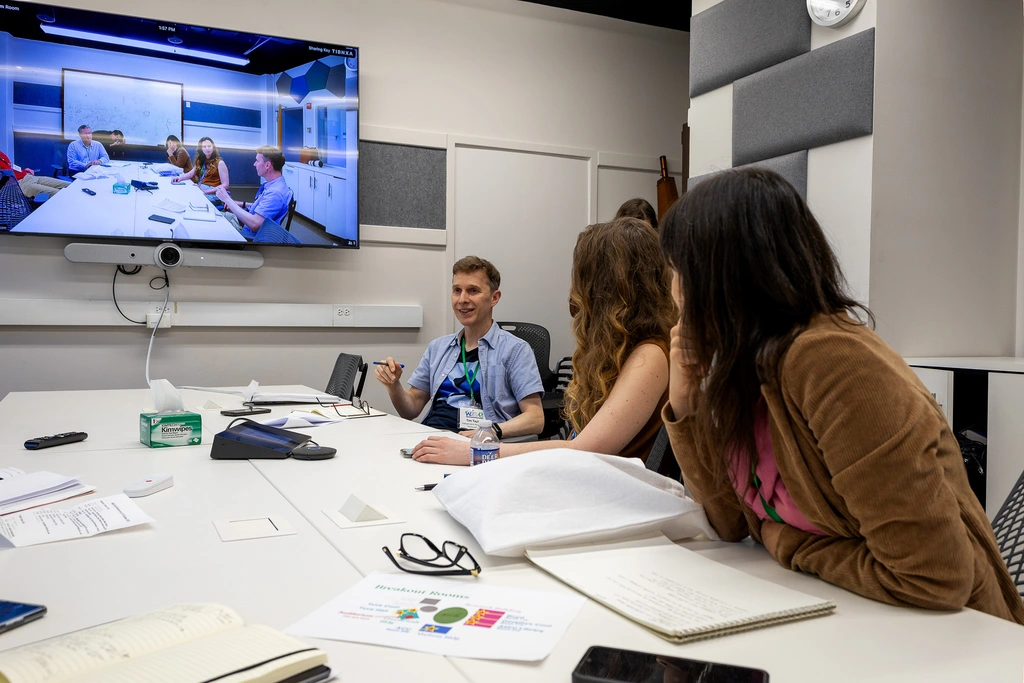
Participants from a broad array of disciplines explored some of the universe's biggest questions, developing new collaborations and approaches along the way.
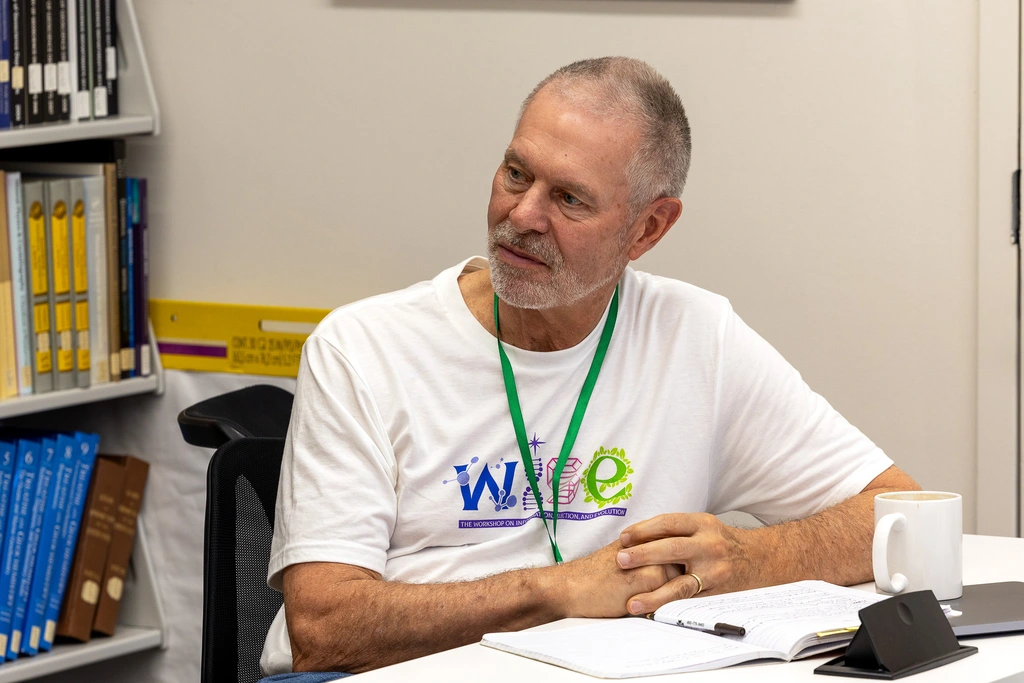
Bob Hazen discusses evolution in a breakout room at WISE.
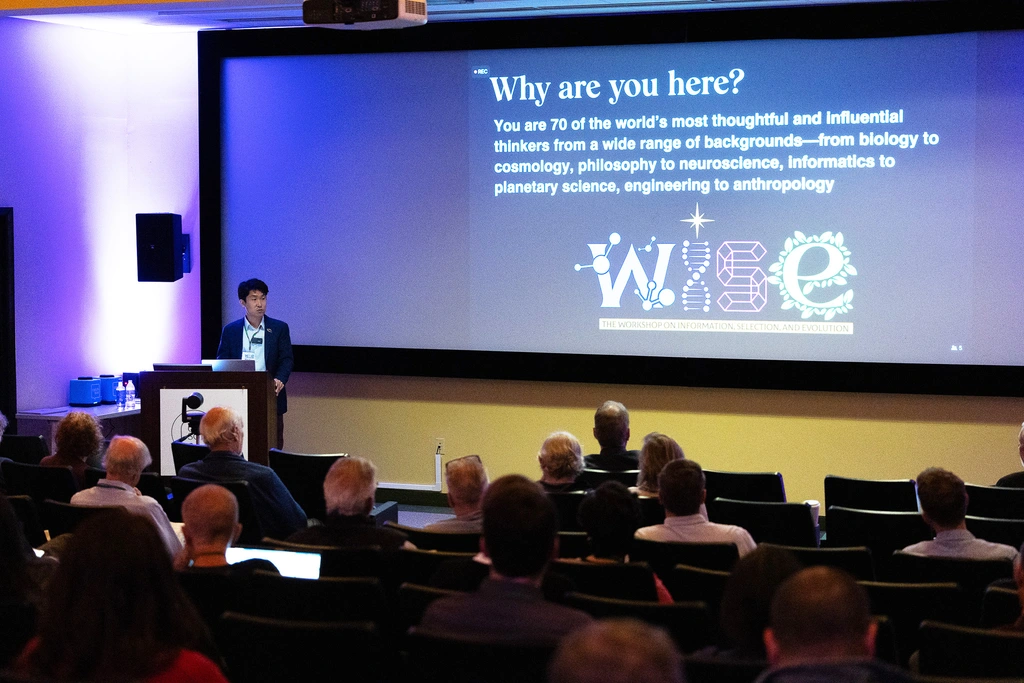
Michael Wong sets the stage for the three-day workshop.
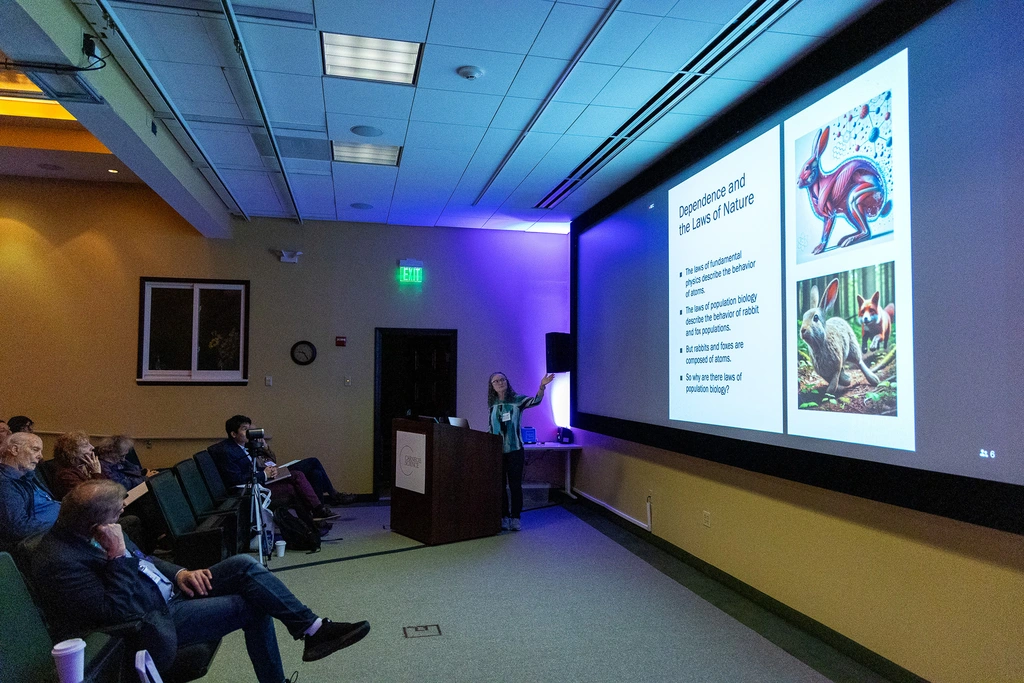
Heather Demarest presents "Laws of Nature—How would we know if one is missing?"
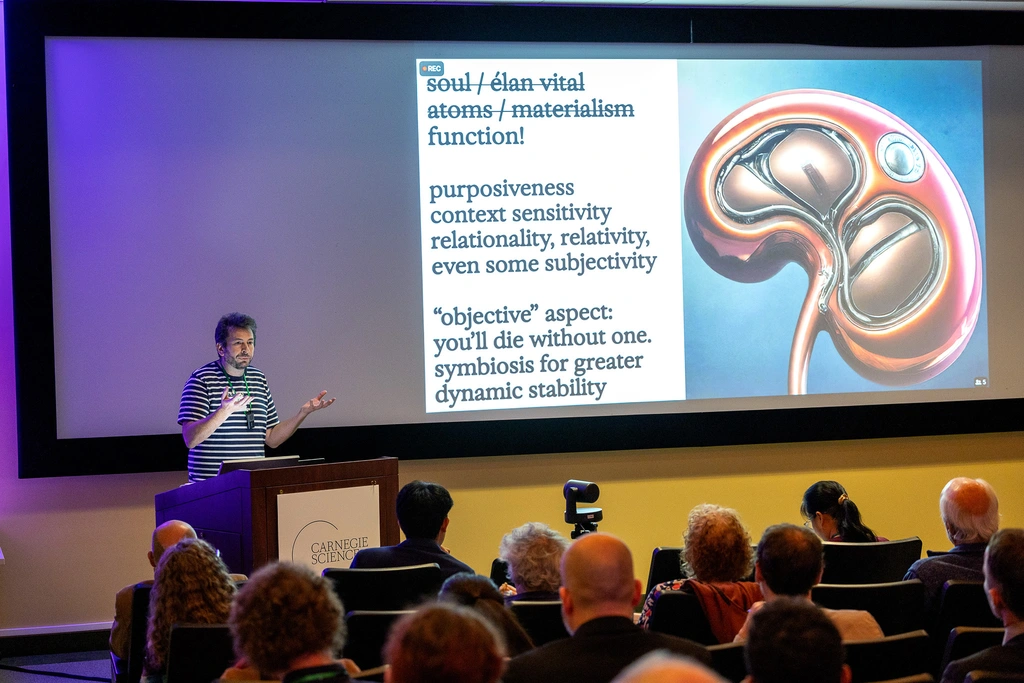
Google Research’s Blaise Agüera y Arcas discussed “An Evolving In-Silico System."
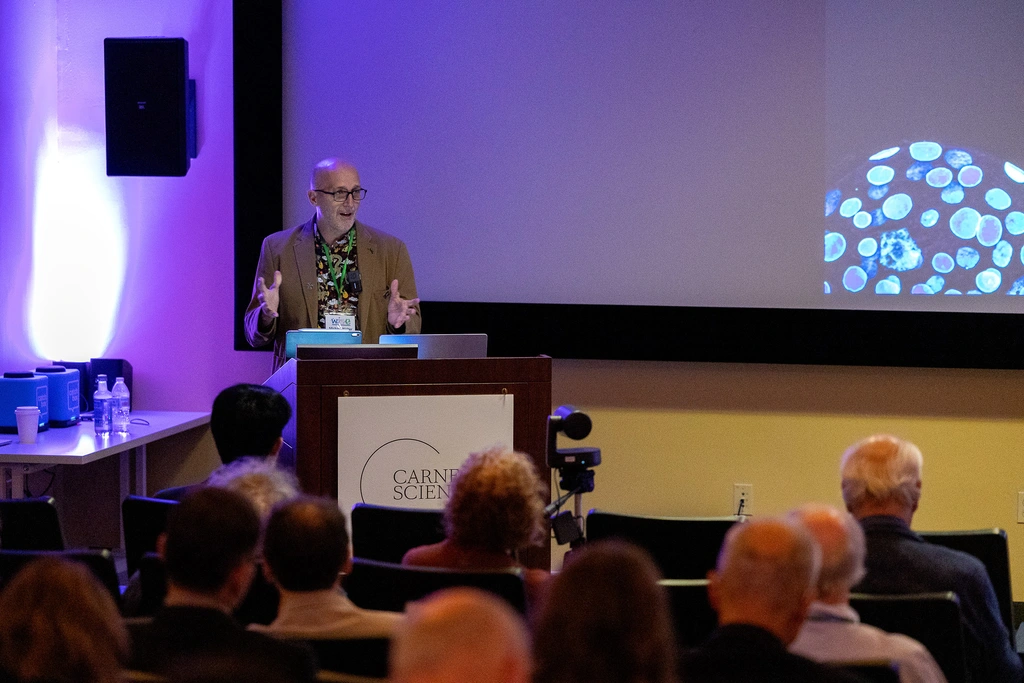
Earth & Planets Laboratory Director Mike Walter welcomes WISE to campus.
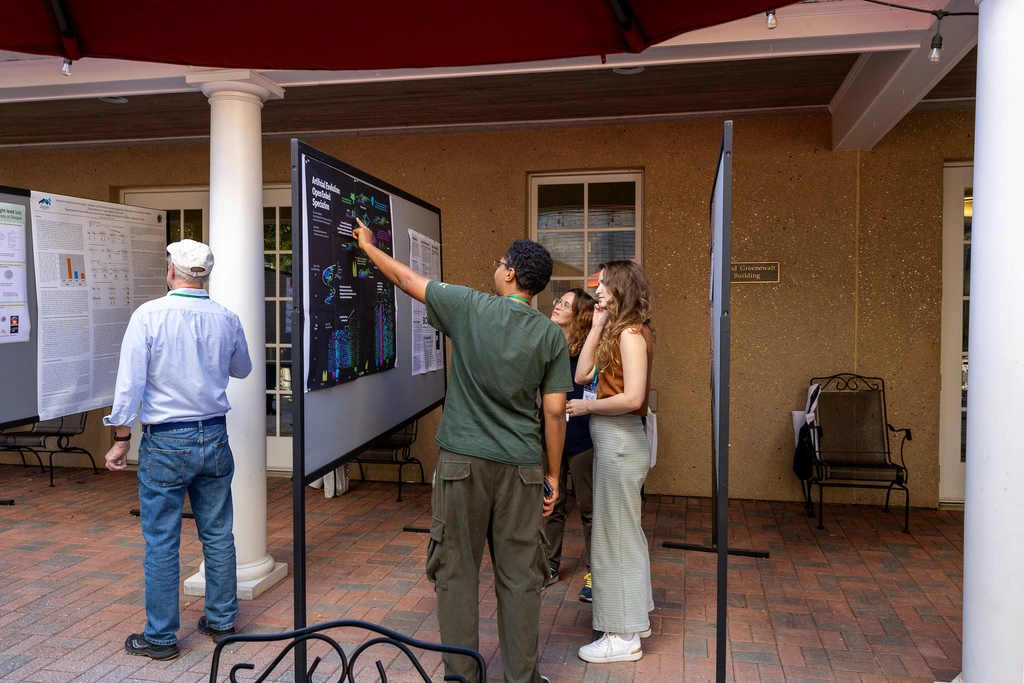
The workshop was designed to give early-career researchers more chances to speak, while more senior speakers were encouraged to bring posters to the poster session so that participants could come to talk with them at length.
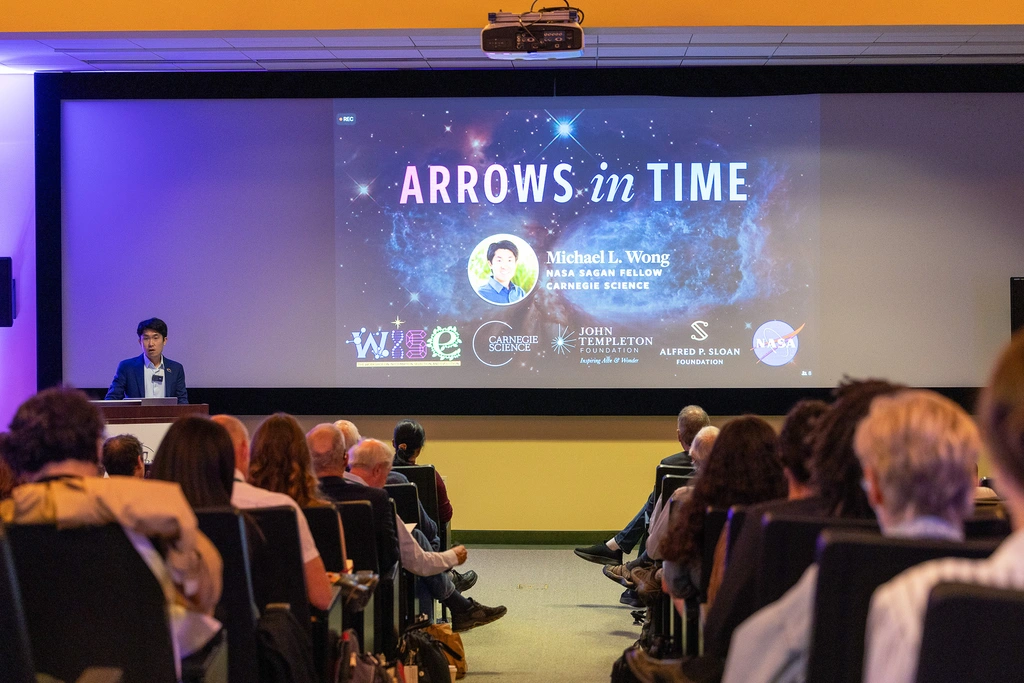
Mike Wong presents Arrows in Time at the WISE conference.
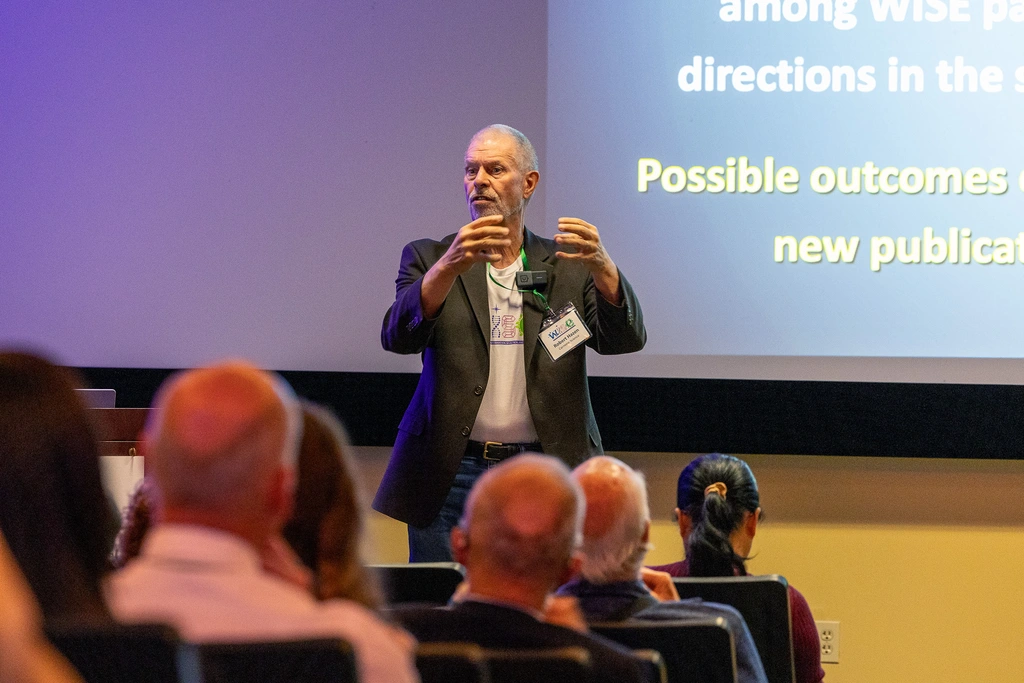
WISE co-host Bob Hazen explains the long-term collaborative outcome goals of the workshop.
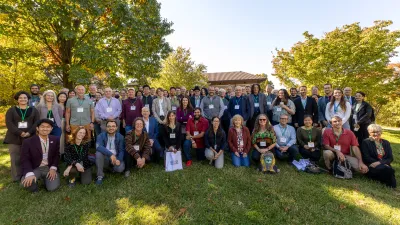
WISE group shot
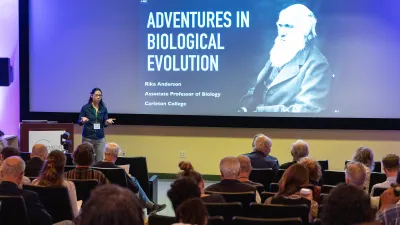
Rika Anderson Biological Evolution
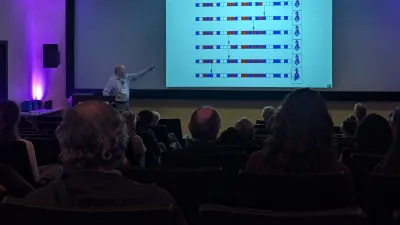
Stephen Wolfram: Why biological evolution works
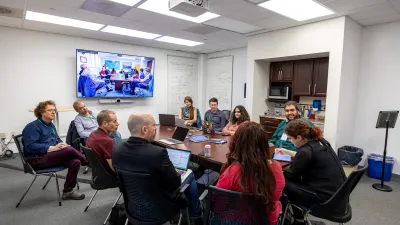
Group Session
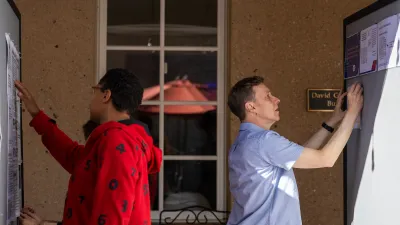
WISE poster session participants
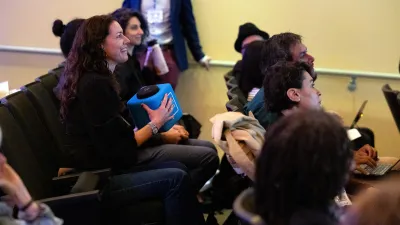
Lively Discussion with Box
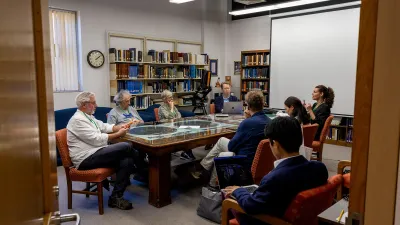
Group Session
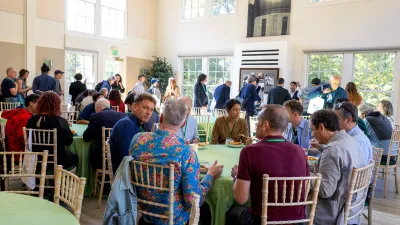
WISE Dining Together
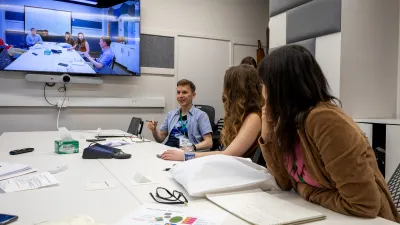
New paths forward
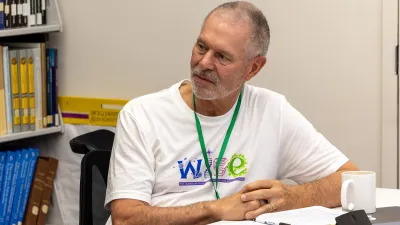
Bob Hazen at WISE
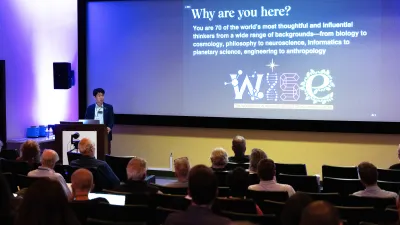
What is WISE?
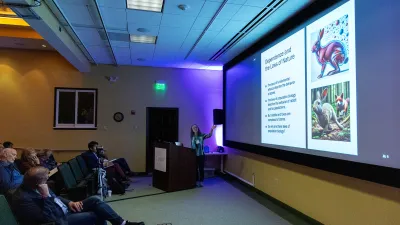
Heather Demarest: Laws of Nature—How would we know if one is missing?
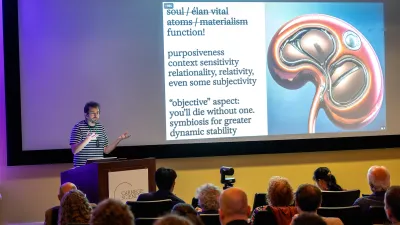
Blaise Agüera y Arcas: An Evolving In-Silico System
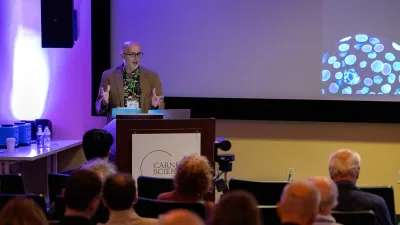
EPL Director Welcomes WISE
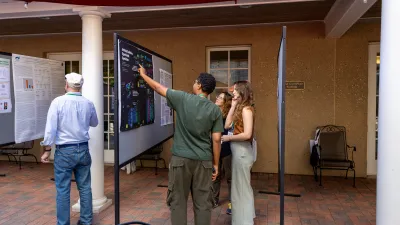
Poster Discussion
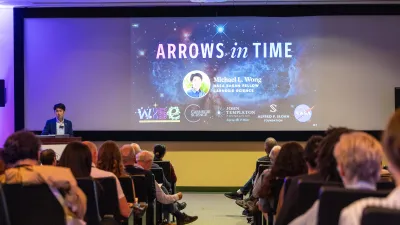
Mike Wong Presents Arrows in Time
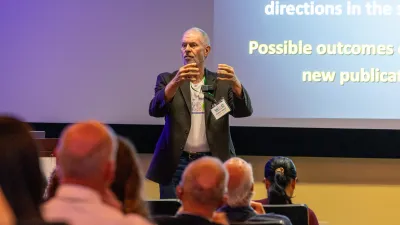
Goals of WISE
Exploring Universal Patterns of Evolution
While evolution is often considered the sole purview of biology, Hazen and Wong’s recent research suggests it could be more. Their work, published in Proceedings of the National Academy of Sciences, describes evolution as a universal principle, shaping systems as diverse as chemical networks, technological advancements, and even mineralogy.
The themes of this work permeated much of the dialogue at WISE, where participants explored evolution’s implications across fields like biology, planetary science, and AI. The workshop featured keynote talks from some of the world's leading thinkers that pushed conventional boundaries, such as Google Research’s Blaise Agüera y Arcas, who discussed “An Evolving In-Silico System,” and Mathematica founder Stephen Wolfram, who explored “Why Biological Evolution Works.
These high-level ideas were grounded by discussions that built a shared intellectual foundation across disciplines. For example, Heather Demarest, a philosopher and physicist from the University of Colorado Boulder, introduced the philosophical approach to natural laws in “Laws of Nature—How Would We Know if One Is Missing?” Meanwhile, Rika Anderson, a biologist from Carleton College, presented the basics of “Biological Evolution,” helping establish a common language for discussions on adaptation and change.
These were just a few of many talks at WISE that bridged disciplines and encouraged participants to engage with new perspectives—challenging assumptions, refining definitions, and opening doors to unexpected collaborations.
“This isn’t something you see at most conferences,” said Wong. “The questions we are asking require input from everyone—from philosophers to physicists and industry leaders to early-career scientists.”
Evolving the Workshop Format
Like any traditional academic workshop, WISE included invited talks, breakout groups, and poster sessions. However, at WISE, participants were also encouraged to propose, vote on, and lead new session topics, which often built on or diverged from earlier discussions—mirroring the principles of evolution and adaptation central to the conference’s themes.
These discussions were all about encouraging spontaneous connections—such as linking machine learning’s role in deciphering complexity to philosophical debates about time. “When you start putting people together in new configurations, mix them up, and introduce a selection mechanism, we expect new ideas to emerge more rapidly,” Hazen noted. “So, yes, we put evolutionary theory to the test at WISE!”
The workshop also purposefully spotlighted early-career researchers, giving them prominent roles alongside senior scientists.
“By elevating emerging scientists, we aimed to empower the next generation of thinkers,” explained Wong, himself an early career researcher.
To add even more depth to WISE, Hazen invited science journalists from broadcast and print outlets, including NOVA, Science, and Scientific American, to join as contributors, not just observers.
“The science journalists were often the only people in a breakout group who had experience writing across all of these fields,” Wong noted. “Their ability to translate complex ideas across disciplines often sparked connections that advanced discussions in new, unexpected directions.”
From Ideas to Action
While the workshop itself has concluded, its impact is set to grow through new initiatives. Mini-WISE Meeting grants, supported by the Templeton Foundation and Carnegie Science, aim to fund small, multidisciplinary teams to explore topics like open-ended evolution and the role of information in complex systems. Hazen’s team has already accepted three Mini-WISE proposals, though funds have yet to be distributed. Additionally, an upcoming special edition of Royal Society Interface Focus will feature research inspired by WISE, encouraging collaboration and innovation across fields.
By fostering collaboration and discovery through workshops like WISE, scientists and researchers at Carnegie Science continue to tackle the big questions that shape our understanding of ourselves, our planet, and the universe.
Reflecting on the workshop’s potential impact, Wong shared: “A decade from now, I hope we’ll see discoveries that fundamentally change how we understand complexity, life, or evolution—and I want people to look back and say, ‘This couldn’t have happened without WISE.’”
